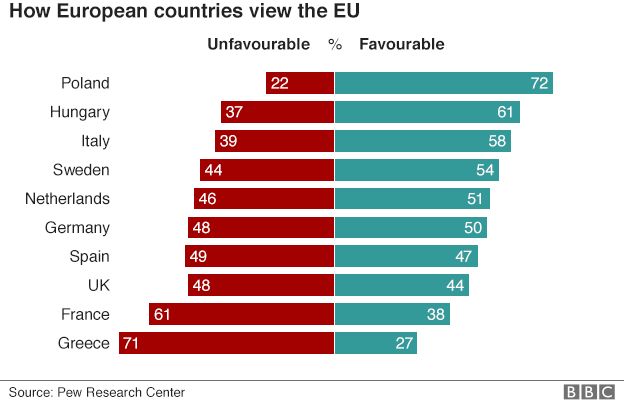In Theresa May, the British home secretary who is set to become the next prime minister of the UK on Wednesday (13 July), the EU will get a pragmatic, meticulous and tough negotiator, who is unlikely to rush into Brexit talks. The 59-year-old is likely to use the summer to hammer out a negotiating position for Britain to leave the EU. May, who was a quiet supporter of the Remain camp, ruled out a second referendum in her leadership campaign and vowed to honour the British voters' choice of leaving the EU. “Brexit means Brexit and we’re going to make a success of it,” she said when she launched her leadership bid for the Conservative Party. “There will be no attempts to remain inside the EU, no attempts to rejoin it by the back door, and no second referendum.” May is unlikely to bow to pressure from EU leaders to start negotiations by triggering Article 50 of the Lisbon Treaty any time soon. Until the procedure is officially launched, the UK remains in control of timing and can still be at the table of the EU as a full member. She might use the time to feel out what other leaders are ready to give to the UK, and build alliances among the remaining 27 members. The EU 27 will meet in September without the UK to discuss the EU's future, and May will be ushered into her first EU summit in late October.
EU leaders are likely to want to hear how she envisages the British exit and future relationships with the block. May needs to navigate between more pragmatic states like Germany, Sweden, Ireland and the Netherlands that would want to maintain strong trading ties with the UK, and others like Belgium and France that are likely to want to make an example out of Britain. Central and Eastern European states could be sympathetic to May, as they share the UK's view of the EU as a loose cooperation, not a federal state, but rights and benefits of their citizens living and working in the UK could mean trouble for the talks. France's presidential election in May, and Germany's general election next autumn could complicate matters, as their leaders are likely to be grounded by election campaigns and would be less flexible in the negotiations. May might want to delay launching Article 50 further into next year, not to have Brexit negotiations held hostage by the various campaigns. British media reported that May could appoint Liam Fox, a previous contender for the Tory leadership, or David Davis, another senior Tory MP, both Brexiteers as lead negotiatiors for the talks with the EU.
Davis suggested in a blog post that triggering Article 50 should happen before or by the beginning of next year.



















